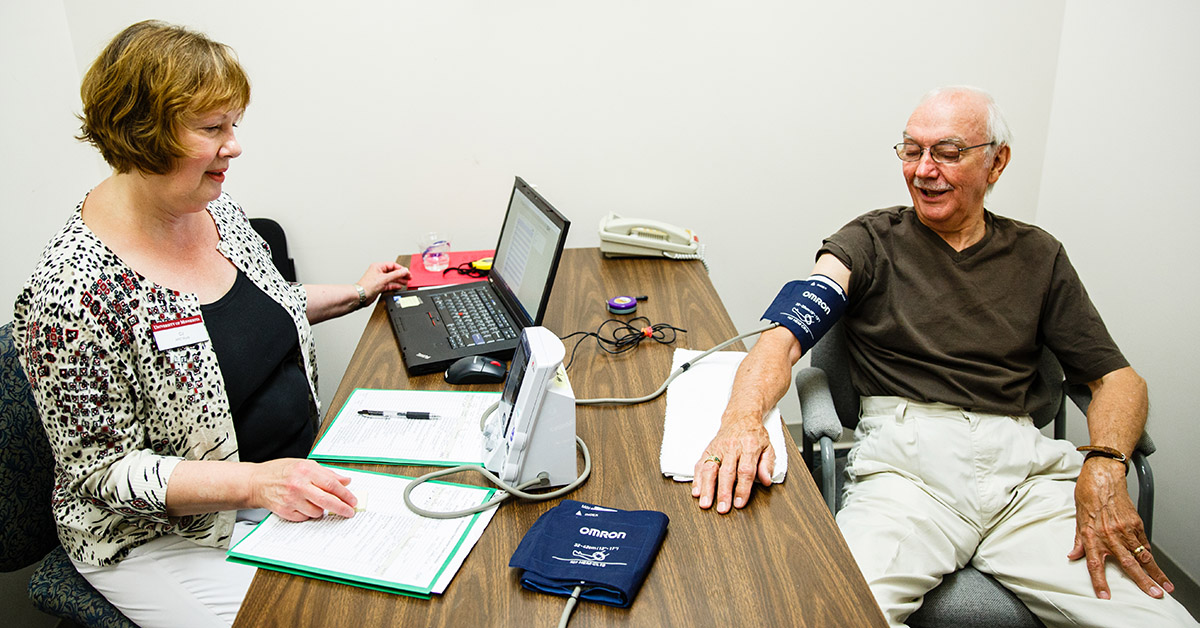On Oct. 18, hundreds of Minnesotans will gather to celebrate their participation in a long-term study that has led to breakthroughs in the management and prevention of heart disease and related conditions. The group are part of the nationwide Atherosclerosis Risk in Communities (ARIC) study, which is conducted by researchers that include faculty in the School of Public Health.
“We are incredibly grateful to the thousands of people who have generously participated in this study for over 30 years,” says ARIC study investigator and Associate Professor Pamela Lutsey. “Their participation has generated data which has transformed understanding of cardiovascular and other chronic diseases, and led to advancements that have improved health for future generations.”
From 1987 to 1989, a diverse array of approximately 15,800 participants aged 45-64 joined the ARIC study. About 4,000 individuals were recruited from the suburbs of Minneapolis, MN, while the others came from communities around Hagerstown, MD; Winston-Salem, NC; and Jackson, MS. Since enrolling, participants have responded to semi-annual telephone surveys and periodically attended exam visits. To date, approximately 85% of living participants — now 77-97 years old — continue to contribute to the world-renowned medical research conducted by ARIC.
ARIC’s research has resulted in more than 2,000 scientific articles and has led to:
- New methods for predicting cardiovascular events and illnesses, such as risk calculators;
- Identifying new risk factors for cardiovascular disease, such as chronic kidney disease;
- Linking cardiovascular risk factors to the development of dementia;
- Discovering genetic ties to heart and kidney disease as well as pulmonary embolism risk;
- Updated medical guidelines improving how providers care for conditions, such as hypertension and high cholesterol.
“Over the past 30 years ARIC has made tremendous discoveries that have informed the prevention and treatment of many chronic diseases,” says Lutsey. “Through use of data shared by these devoted participants, ARIC is poised to continue making ground-breaking discoveries.”
The luncheon, which will be held at the Earle Brown Center in Brooklyn Park, MN, on Fri, Oct. 18 from 11:30 a.m. to 1 p.m. More than 600 ARIC participants are expected to attend. The event will include a brief program describing the history and future of ARIC, introductions to ARIC staff, and an opportunity for participants to ask questions they may have about the study.
Related story: “Conquering Heart Disease for 30 Years”

